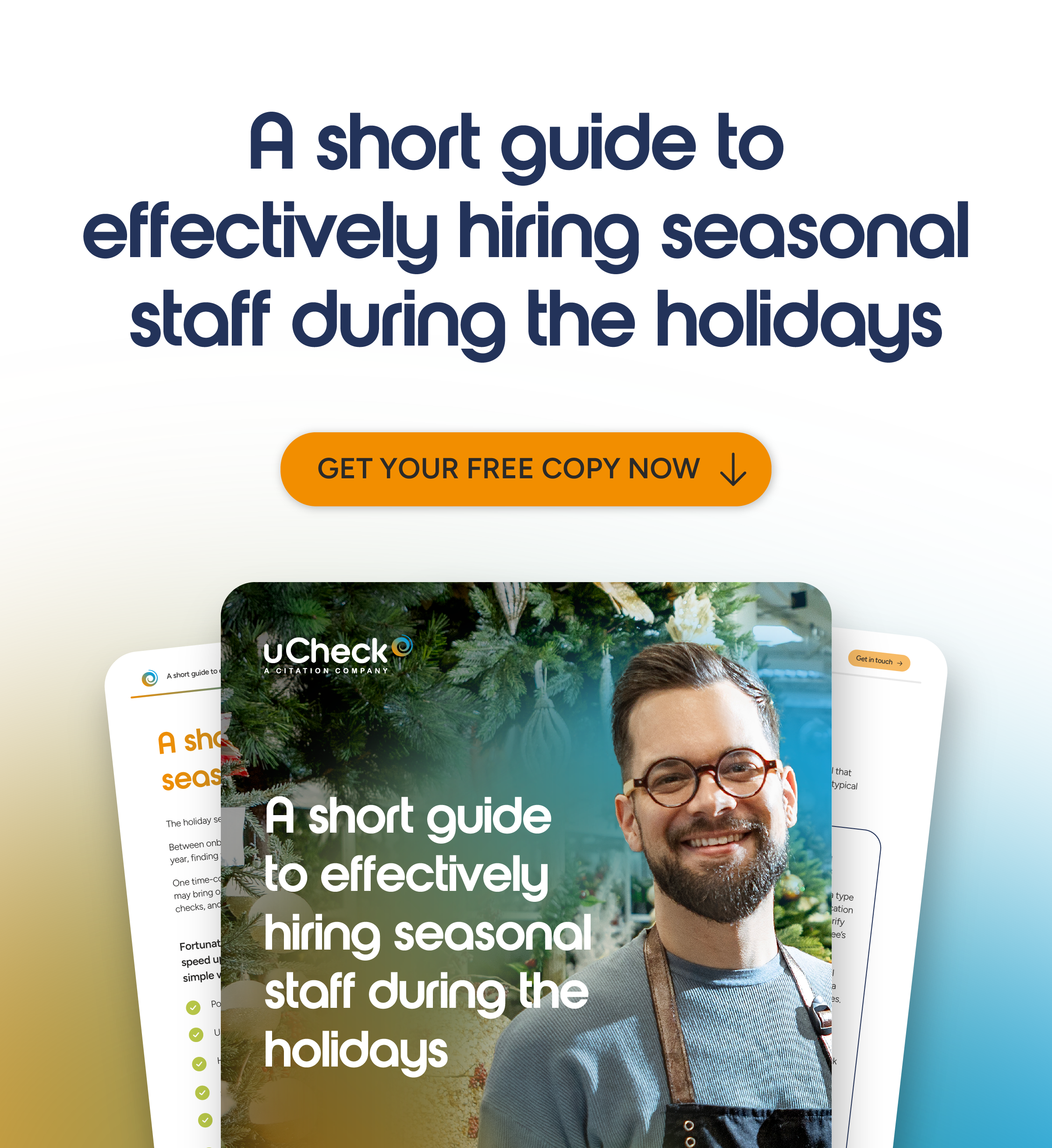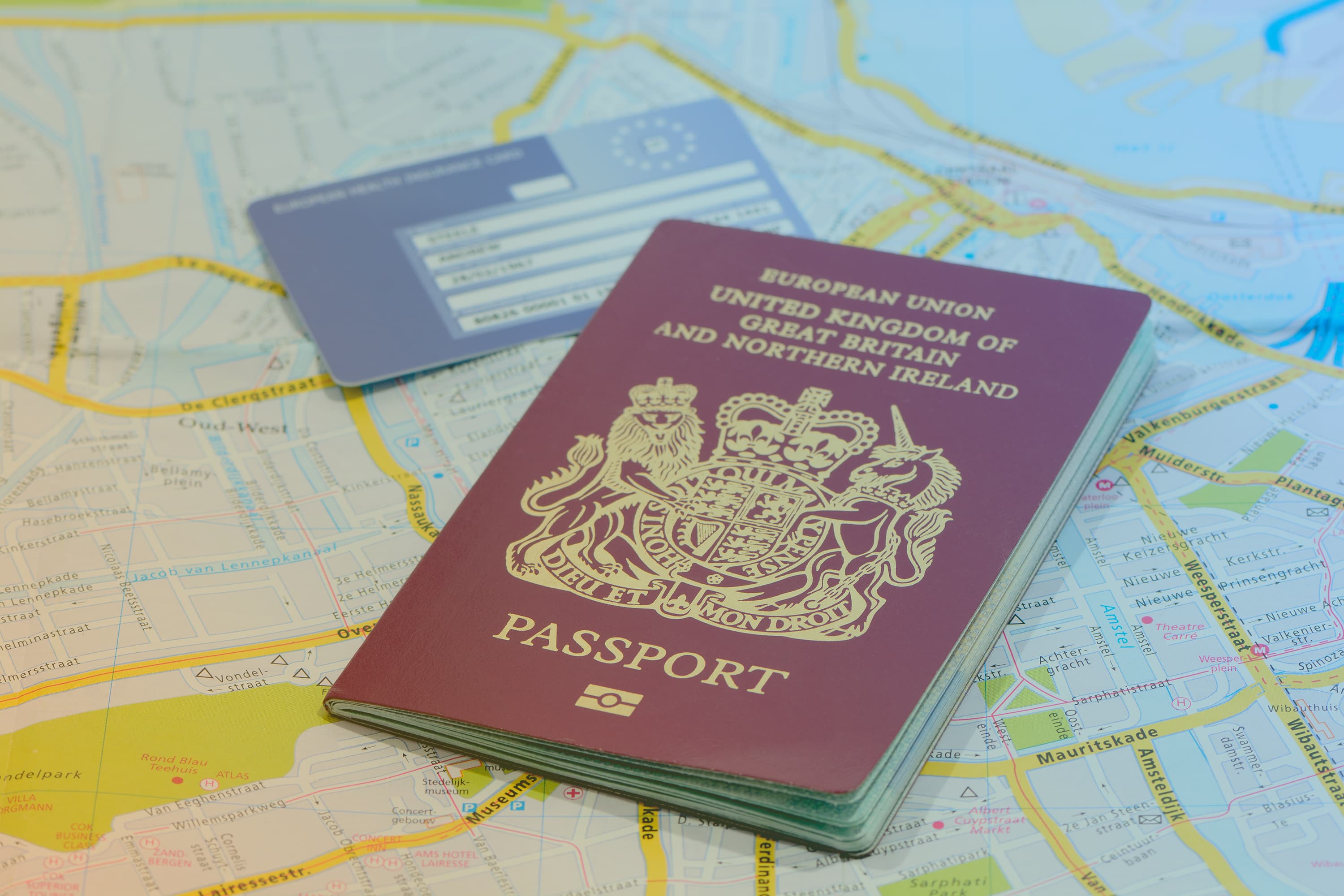Applied for a DBS check and wondering where it’s up to? You’re not alone. Whether you’re applying for yourself or someone else, the DBS tracking service gives you a clear view of what’s happening and when.
Below, we’ve answered the most common questions to help you keep track of your DBS application from start to finish.
What is the DBS tracking service?
The DBS tracking service is a simple online tool that lets you keep tabs on your DBS application in real-time. Whether you’re an individual, employer, or organisation that relies on DBS checks for employment, volunteering, and regulatory compliance purposes, you can check the progress at each stage and forget the guesswork.
Here’s who can use the DBS tracking service:
- Applicants – If you’ve applied for a DBS check, tracking it can give you peace of mind and help you plan ahead.
- Employers – Want to know when a candidate’s check is likely to land? Tracking helps you manage timelines and keep the recruitment process moving.
- Registered Umbrella Bodies – Handing checks for others? The tracking services means you can stay on top of every application and keep your clients in the loop.
This tracking service helps you stay informed, avoid unnecessary delays, and bring a bit more transparency to the process.
How do I access the DBS tracking service?
It’s quick, easy, and you don’t need any special software to use the DBS tracking service. Just follow these steps:
- Head to the official government website – Make sure it’s the right one, as you’ll be entering personal information.
- Click ‘Track a DBS application’ – You’ll find a secure form where you can enter the details.
- Enter application details – You’ll need your ‘E’ or ‘F0’ reference number and date of birth to access the application.
- Check the application status – You’ll see where the application’s up to and what’s coming next.
A quick tip: Keep your reference number somewhere safe and easy to find, you’ll need it any time you want to check back in.
How do I use the DBS tracking service?
Using the tracking service is nice and simple. It lets you see exactly where in the process your application is. To check your status, you’ll need:
- Your ‘E’ or ‘F0’ reference number, you’ll have been given this when your aplication was submitted.
- The applicant’s date of birth.
Once you’re in, you’ll see which stage your check is at.. A DBS check goes through five stages.
DBS application stages:
- Application received – The DBS confirms they’ve received and validated the application. They’ll make sure the details are correct before beginning processing.
- Police National Computer (PNC) check – The details are checked against the Police National Computer. This database includes records of convictions, arrests, warnings, and wanted persons.
- Barred lists check (if applicable) – For enhanced checks, the system cross-references against the children’s and adults’ barred lists. This is essential for roles that involve working with vulnerable groups.
- Local police checks – Local police can add any additional information relevant to the applicant’s role.
- Certificate printing – Once everything’s done, the certificate’s printed and dispatched. Timing depends on the postal service and any potential backlogs.
What can I use the DBS Tracking Service for?
The online tracking service lets you escalate the application if it meets certain criteria. If an application has been processing in stage 4 (police checks) for at least 60 calendar days, you might be able to speed it up.
If this is the case, the online tracking system will notify you that you can submit an escalation request if you wish, and you’ll get an escalation reference number.
What does escalation do?
It prompts the DBS to contact the police authority handling the application and ask for it to be prioritised.
What happens after escalation?
Once an escalation request is made, the police have 10 working days to complete the checks. If the certificate still hasn’t been issued, you should contact the DBS directly.
If you applied through uCheck, you can call our team to help track down where it’s up to.
Why do delays happen?
It’s not unusual for there to be delays at stage 4.
Some main reasons they happen:
- Police forces have a high volume of checks
- Extra information may be needed before they can complete the check
- Sometimes, application details need correcting or verifying
If your application is taking longer than expected, it might be worth double checking if all details submitted are correct and no further information is needed.
What information does the DBS Tracking Service provide?
You’ll get real-time updates on the application’s progress. It also gives you an estimated completion date, but this is just a guide, not a guarantee.
Various factors contribute to delays:
- Complex cases that need further investigation.
- High application volumes, if you apply in a particularly busy period, there could be processing delays.
- Errors in application details that may need to be corrected and resubmitted
- Postal service delays could affect certificate delivery times.
While the tracking service provides accurate updates, it’s always best to plan ahead and allow enough time for your DBS to be processed, especially if it’s needed before your employment start date or volunteering.
What if the tracking information isn’t updated
If your tracking page hasn’t been updated in a while, don’t panic. There can be delays in the backend while processing applications. But if it’s quiet for much longer than expected and especially if you’ve passed the estimated completion date then it’s worth checking in.
A few things you can do:
- If you applied through uCheck, give us a call and we can look into it for you.
- Head to the official DBS website for helpline details and next steps, including how to raise a request or request an escalation.
Can I track different types of DBS checks?
Yes, the DBS tracking service allows you to track any type of DBS checks, including:
- Basic DBS checks – The most general check, available to any individual or employer.
- Standard DBS checks – A more in-depth check that includes spent and unspent convictions, cautions, and warnings.
- Enhanced DBS checks – The most detailed level of check, required for roles involving children and vulnerable adults, including barred list checks if necessary.
Each type of check follows the same five-stage process, though enhanced checks may take longer due to additional vetting requirements.
Extra tips for using the DBS Tracking Service
- Keep your reference number safe – Store it somewhere easily accessible to avoid losing it.
- Check regularly – The tracking service updates frequently, so it’s worth checking for progress.
- Understand delays can happen – The estimated date is not always exact, so allow for extra time.
- Contact DBS if concerned – If your application is significantly delayed, reach out for support.
- Use official sources – Always track your DBS check through the UK Government website to avoid scams or misinformation.
The DBS tracking service is a valuable tool for monitoring the progress of your application. By understanding how the system works, what to expect at each stage, and how to handle delays, you can navigate the process smoothly. If you need further assistance, always refer to the official DBS website or the organisation handling your application.
For more information on DBS checks and application support, visit our DBS checks page to find the right information on the type of DBS you have submitted, or feel free to contact us today.







